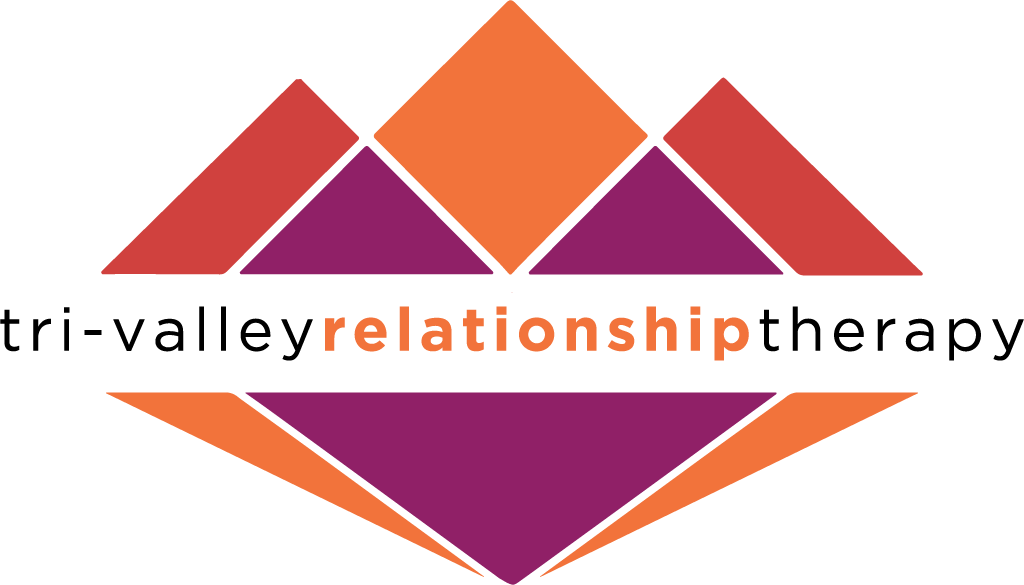Avoiding The Unavailable Pattern
The singles counseling program at Tri-Valley Relationship Therapy, Inc. helps individuals recognize the unhealthy/toxic patterns in relationships and prevent them from recurring in the future.
As a relationship therapist, I routinely get calls from people interested in counseling because of multiple failed relationships. The majority of individuals that I work with around relationship issues complain that they tend to get stuck in a similar pattern with different partners- it’s the same show but with different actors. The pattern usually consists of being attracted to partners that are emotionally unavailable and choosing to continue on in relationships, where the basic needs of love, safety and trust are not being met.
In this article, I am sharing a few tips on how to identify such patterns, very early on in the dating process, so that you don’t find yourself in another insecure relationship that only leads to heartbreak and disappointment.
Keep it 100
Always tell the truth and nothing but the truth about your expectations, needs and motivation for pursuing a relationship. And never accept anything less than the truth from others when it comes down to their needs and expectations. Most people avoid talking about what they need and want in a relationship early on because they don’t want to come on too strong. However, by choosing to be ambiguous about what you want, you convey to your date that you don’t consider your needs a priority and you are willing to settle.
Be you
Pay close attention to how you act around your date. Be unapologetically you. Be your authentic self. If you find yourself trying to be someone that you are not, around or in response to your date, that is a red flag that you are going down the familiar path of an inauthentic relationship. At times, we don’t show our real selves due to our insecurities or perhaps because it doesn’t feel safe to do so. Assess if there is something about your date that makes you feel not safe enough to be real. Also monitor your thought processes and self-talk to look out for any attempts at rationalizing to yourself why you should act a certain way in the presence of your date.
Games are for kids
This goes along with keeping it 100 and being real and applies to you and your date. If your date keeps you guessing about where you stand with them, is not transparent about what they want or need in a relationship or chooses to keep things vague or ambiguous, chances are that you are being played. Other examples of playing games include sending mixed messages about commitment, avoiding phone calls or texts, being flakey about making plans, being dishonest etc. Don’t respond to the game playing with your own game. If they are playing hard to get, don’t chase them or act in seductive ways to make them come crawling back to you. Remember, you have options- choose to be an adult, call them out and move on.
Avoid the ex-hangover
Be on the lookout for potential partners that cannot stop talking about their exes- it is irrelevant if they are pining after them or constantly recounting the horrific ways in which their exes caused them hurt. Longing for an ex implies that they don’t have the capacity to connect in the present because all of their emotional energy is invested in the past. It is absolutely ok for people to mention or discuss how their past relationships ended. However, being unable to let go off the past pain and hurt implies that true and complete healing has not taken place.
Written by: Nagma V. Clark, Ph.D., L.P.C.C. specializing in sex therapy, couples therapy & marriage counseling, premarital counseling, individual relationship therapy & LGBTQQI couples counseling at Tri-Valley Relationship Therapy, Inc. in the East Bay, in Dublin & Oakland.
Tri-Valley Relationship Therapy, Inc. offers a counseling program for singles to help individuals identify the unhealthy and toxic patterns of their failed relationships and to develop awareness and strategies to avoid repeating the pattern in the future.
Call 925-400-3541 or email doctor.nvclark@gmail.com to schedule a free 30 minute phone consult or fill out the contact form and you will be contacted within 12-24 hours.

